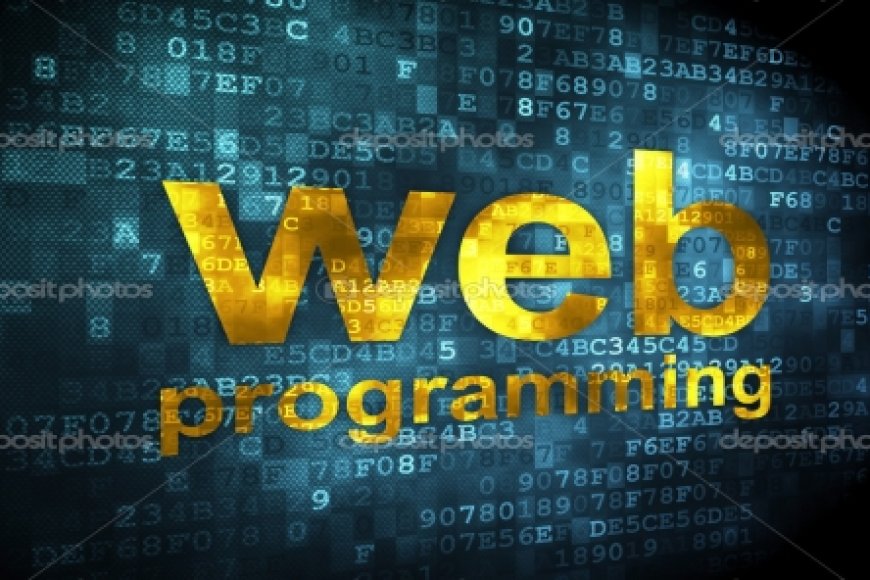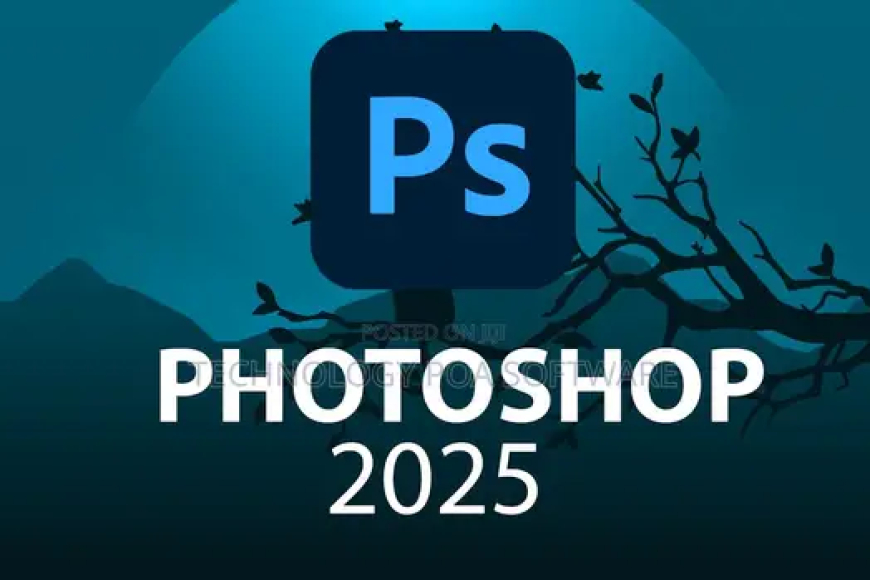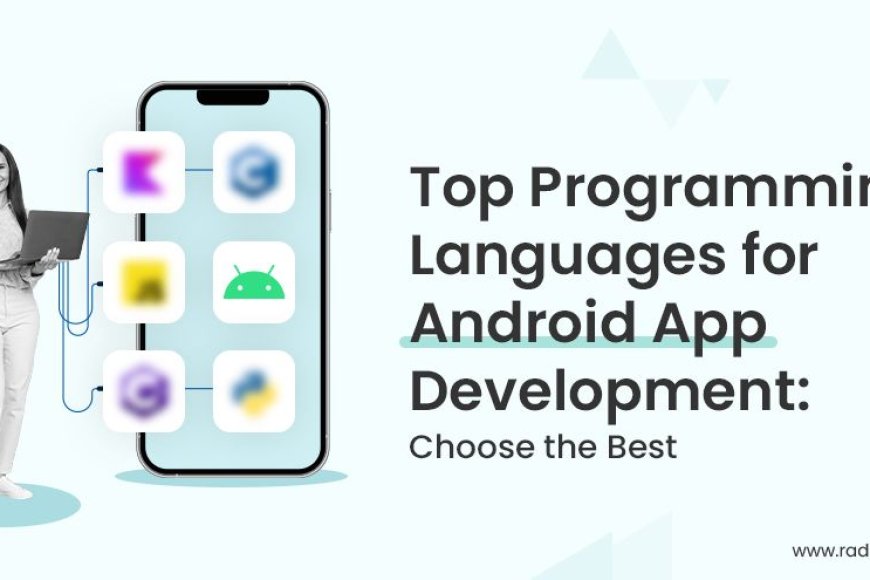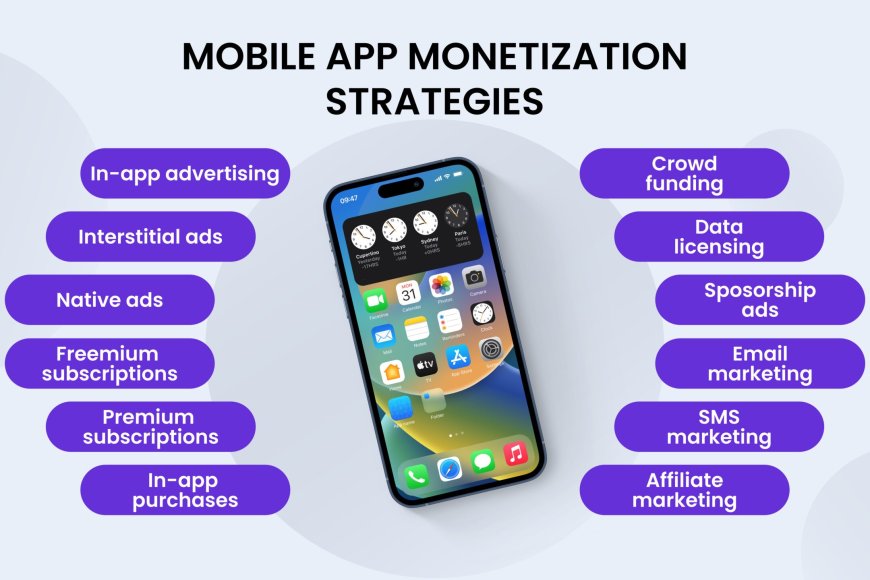How to Become an Expert Programmer in 2025
Introduction
In 2025, programming skills are more essential than ever. With technology driving nearly every industry, becoming an expert programmer opens doors to countless opportunities. Whether you aim to work in artificial intelligence, software development, or cybersecurity, expert-level programming skills will make you a sought-after professional in a rapidly evolving field. Here’s your guide to mastering programming and achieving expert status.
Understanding the Basics of Programming
Before diving into advanced concepts, it’s crucial to have a solid grasp of programming fundamentals. Basic concepts like loops, conditionals, variables, and functions form the foundation of all programming languages. Additionally, understanding how computers interpret code will help you write efficient and optimized programs.
Choosing the Right Programming Language
To start, choose a programming language that aligns with your goals. In 2025, languages like Python, JavaScript, Java, and C++ remain popular due to their versatility. For data science and machine learning, Python is highly recommended, while JavaScript is essential for web development.
Learning Resources for Beginner Programmers
There are countless resources for learning programming, including online courses, video tutorials, and interactive platforms. Websites like Coursera, Udemy, edX, and freeCodeCamp offer courses that range from beginner to advanced levels. For more in-depth and structured learning, consider enrolling in a coding bootcamp or taking a paid course for access to mentors and a well-defined curriculum.
Building a Strong Foundation
An expert programmer is skilled in data structures and algorithms, which are key to writing efficient code. Focus on mastering structures like arrays, lists, trees, and graphs, as well as common algorithms for searching and sorting. Platforms like LeetCode, HackerRank, and CodeSignal provide valuable practice challenges that enhance both your problem-solving skills and coding efficiency.
Practical Experience: Projects and Portfolios
Theory alone won’t make you an expert. Start building small projects to apply what you learn. A portfolio is essential, especially when seeking job opportunities. Projects like personal websites, calculators, or simple games showcase your skills and help you gain confidence. Sharing your projects on GitHub not only adds credibility but also helps you track your progress.
Networking and Community Engagement
The programming community is vast, and connecting with others can be incredibly beneficial. Join online forums like Stack Overflow or subreddits like r/learnprogramming to seek advice and share knowledge. Networking helps you stay updated with industry trends, find mentors, and even discover job opportunities. Attending meetups, coding bootcamps, and hackathons is another great way to build relationships in the tech community.
Specializing in a Niche
To stand out as an expert, consider specializing in a high-demand field. Areas like artificial intelligence, cybersecurity, cloud computing, and mobile app development are expected to grow through 2025. Specializing not only increases your marketability but also allows you to dive deeper into advanced topics within your chosen field.
Continuous Learning and Upskilling
The tech industry evolves rapidly, so lifelong learning is essential for programmers. Read industry blogs, subscribe to programming newsletters, and stay active on platforms like GitHub and Stack Overflow to keep your skills sharp. Learning new languages, frameworks, and tools can also enhance your expertise and adapt your skills to new trends.
Contributing to Open Source Projects
Contributing to open-source projects helps you gain practical experience, collaborate with other programmers, and build a strong reputation. Websites like GitHub and GitLab host numerous open-source projects where you can practice coding, learn about version control, and work with experienced developers. Contributing to open-source projects not only boosts your confidence but also makes you a part of a larger coding community.
Mentorship and Peer Learning
Mentors provide invaluable guidance, helping you avoid common pitfalls and stay on track. If you can, find a mentor within your field who can offer feedback and help you navigate complex topics. Additionally, joining a peer learning group can boost motivation and accountability. Coding communities on Discord, Reddit, or Meetup often have groups where you can find study partners and exchange resources.
Building a Strong Problem-Solving Mindset
Expert programmers approach problems methodically and efficiently. Practicing on coding platforms like Codewars, Topcoder, and Exercism can help develop your problem-solving skills. Practice breaking down problems, creating step-by-step solutions, and writing efficient, clean code. Developing this mindset will help you tackle complex challenges in real-world projects.
Working on Real-World Projects
Real-world experience is key to becoming an expert. Internships, freelancing, or even personal projects can expose you to real-world coding challenges, team dynamics, and project management. Collaborating with others also enhances your communication skills and understanding of the development process.
Preparing for Technical Interviews
Technical interviews test not only your coding knowledge but also your problem-solving ability and adaptability. Practicing with common interview questions and mock interviews can help you perform confidently. Focus on data structures, algorithms, and coding challenges similar to those found on LeetCode or Interview Cake.
Conclusion
Becoming an expert programmer in 2025 is a journey that requires dedication, persistence, and continuous learning. By building a solid foundation, specializing, gaining practical experience, and constantly challenging yourself, you can achieve your goal. The path to expertise is never linear, so stay curious, keep learning, and enjoy the journey of mastering programming.
You Might Also Like
Explore more from the same category







